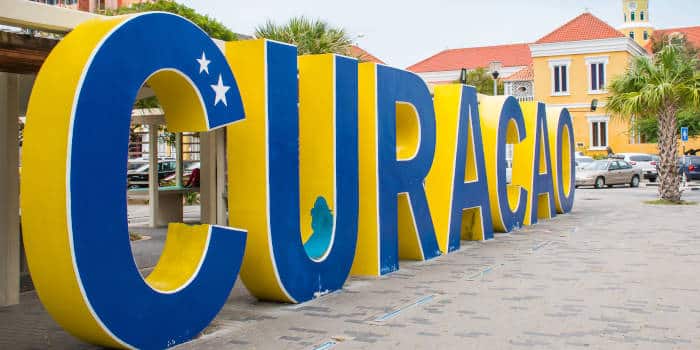Curaçao Regulator Takes BC.Game License Revocation Off Public List
Summary
The Curaçao Gaming Authority (CGA) has removed BC.Game’s parent company, Small House B.V., and Rabidi N.V. from its public list of cancelled licences. The change has sparked industry speculation that the operators could be preparing a return or restructuring. BC.Game previously withdrew its Curaçao licence, citing an increasingly unfavourable environment for international operators, and has faced bankruptcy proceedings and asset-dispute litigation. The brand has also moved to alternative jurisdictions such as Anjouan and secured licences in Kenya as it attempts to rebuild.
Key Points
- The CGA removed Small House B.V. (BC.Game’s parent) and Rabidi N.V. from its cancelled-licence list.
- BC.Game withdrew its Curaçao licence earlier, saying the jurisdiction had become unfavourable to international operators.
- The crypto-casino has been embroiled in bankruptcy proceedings and legal disputes over transferred assets and alleged debts.
- BC.Game has sought licences elsewhere (notably Anjouan and Kenya) amid increased scrutiny over money laundering and white-label sponsorships.
- Curaçao is proposing tighter rules — including local offices, resident key staff and certified mediators for unresolved player complaints — signalling tougher oversight.
- Removal from the public cancelled list could be administrative paperwork, a step towards relicensing, or simply procedural; the company’s future presence in Curaçao remains unclear.
Content Summary
BC.Game, a crypto-focused casino brand previously linked to sponsorship deals and high-profile controversies, had pulled its Curaçao licence before the regulator formally revoked it. The CGA’s removal of the operator from the cancelled-licence list has prompted talk that BC.Game might re-emerge under a new structure, though no formal relaunch has been announced. Alongside bankruptcy claims and court actions over asset transfers, the operator has turned to alternative issuing jurisdictions such as Anjouan and obtained Kenyan licences to expand in Africa.
Curaçao itself is moving to tighten regulation: proposed updates to the National Ordinance on Games of Chance (LOK) aim to require licensed operators to establish a physical presence on the island, employ resident key staff, and use certified mediators for unresolved player disputes. These measures reflect a shift away from Curaçao’s previous, lighter-touch regulatory model.
Context and Relevance
This development matters to operators, affiliates and regulators because it highlights two converging trends: (1) growing regulatory pressure on offshore licence jurisdictions and (2) the instability of some crypto-casino business models following sponsorship and bankruptcy scandals. For industry watchers, the CGA action could indicate stricter enforcement ahead, while operators will need to reassess compliance, licensing strategy and reputational risk when choosing jurisdictions.
Author style
Punchy — this is concise reporting with implications. If you follow regulatory shifts, white-label risks or crypto-gaming, the detail here points to real operational and reputational consequences for operators and partners.
Why should I read this?
Short version: if you care about where online casinos can legally operate, how regulators are tightening up, or whether a once-notorious crypto brand might come back — this is worth two minutes. It flags changing rules in Curaçao and ongoing legal headaches that could affect operators, affiliates and players across markets.
